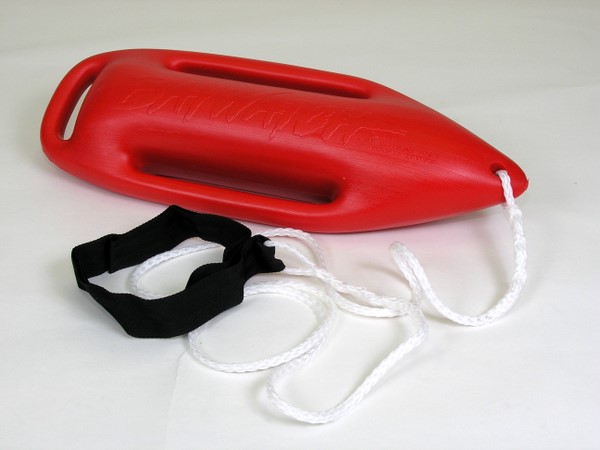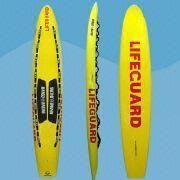|
|
When I was a little girl, my parents took me to the beach a lot in the summertime. I used to love discovering the hidden creatures by low tide and building sand castles at high tide. Swimming has always been one of my favorite activities, especially because I took lessons once. I loved splashing in the water and even trying to swim on my own. However, my mom forbid me to ever go into water above my chest unless she or my dad was with me. But even if I did go in far or choke on water, there was always a hidden hawk watching me, prepared to make a daring choice to save my life. I never thought about those people because I was too young. I never thought about them until I decided to become one.
When I decided to become a lifeguard, I had no idea what to expect. I only vaguely remember taking swimming lessons at a beach when I was about 13. After they ended, my mom told me the instructor (who was a lifeguard too) had recommended me for a junior lifeguarding program. I decided to take it, not just because I wanted too, but both my parents were lifeguards. The next two summers I endured running long distances on the beach, swimming even longer distances, and getting familiar with the lifeguarding equipment.
I have used 2 types of standard equipment that lifeguards use, the torpedo (or torp) and the paddleboard. The torp is a piece of molded plastic that acts as a flotation device. The paddleboard is a long board, like a surf board, designed for paddling. Each must be used depending on the drowning situation.


There are two different types of drowning victims, active and passive. An active victim is a person frantically waving and struggling to keep their head above water; however, they are still conscious. A passive drowning victim is a person who is lifelessly floating on the top of the water and is unconscious. Depending on the victim and their situation, you must choose what piece of equipment and how to save them. For instance, some active drowning victims might try to grab onto you and hold you below the water in order to save themselves. To use a torp, you have to run into the water pulling the strap over your head. You then must swim to the victim and decide how to save them. For the paddleboard, you must run out into the water holding the board and paddle on your stomach or knees towards the victim. Both require long, tedious amounts of training in order to perfect them.
I am happy to say that this summer, I finally got certified as an official lifeguard. Even though I am only 15, I will start guarding at 16 and I may even continue into my 20s! There isn't just a physical aspect to lifeguard, but a mental one. You must be a careful observer to decide when a person is drowning, and you must act in an according way. You have to be responsible. You also need to be certified in CPR and First Aid. CPR stands for cardiopulmonary resuscitation and is used when a victim's heart stops beating or they have no pulse. Delivering CPR at an early stage in cardiac arrest can help save a person's life, however it may not. A good thing to have by is an AED which stands for an Automatic External Defibrillator. When a victim does not have a pulse, it may be because their heart waves are beating irregularly. Using an AED shocks the heart back into a normal rhythm. Also, you must know First Aid to treat simple cuts to major bleeding.
Next summer, I'll start my job, protecting the patrons of the beach. Not only must I be smart, but I must be cautious. This job will require long hours of sitting in a chair or standing for most of the day, watching people swim. Some things don't even happen in the water; they can happen on the beach too. I have to imagine scenes in my head. Maybe that baby will choke on their goldfish or swallow some water. That boy and his friend can get cut jumping off those rocks. That man could have a heart attack or that woman could faint from dehydration. Whatever the task, I am eager to start. I am ready to watch that little girl playing in the water, just as that lifeguard watched me when I was a little girl. I am ready to be that hawk.
Author's Note: I only covered the basic facts of lifeguarding. There is a lot more too it; I even had to read a whole book just to be certified!
Also, just because I am a lifeguard, doesn't mean I have to be the only one to know CPR and First Aid. I believe that if anyone gets the chance to take a CPR or First Aid course, they should take it. You never know, it could save a person's life.
|